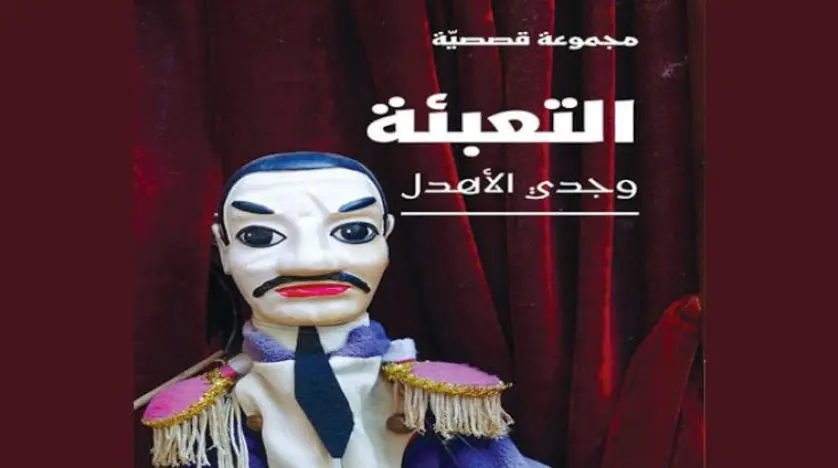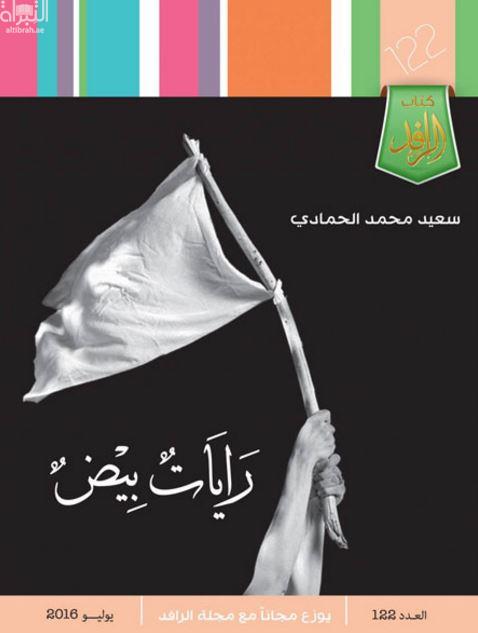A Loaf of Bread (رغيف)Black Sack – by Ali Abdullah Al-Ajri
With reddened eyes, brimming with tears, he approached with faltering steps. His legs bumped into each other as he made his way towards the wise man of the neighborhood.
“Sir, this is my brother, yes, my only brother,” he said. “I didn’t visit him at his home to expose his stinginess, as they say. No, it was to sense his generosity and nobility. You see, I am his only sibling. I had hoped to grasp his hand tightly. Yes, sir, my love for him compelled me to knock on his door that morning.”
He fell silent, trying to hide the tremor of tears in his voice. He lowered his eyes, overcoming his embarrassment, and continued speaking.
“Sir, I have failed to buy milk and bread for my daughter. She couldn’t sleep, suffering from hunger pains. Her mother, that poor woman, couldn’t find bread to feed her. As you can see, I am a man in my forties, with a strong physique, and I have worked in various light and heavy jobs. Yet, the door of sustenance was always blocked for me, for unknown reasons. I would be dismissed from every job.”
“For a moment, I thought that my daughter’s hunger wouldn’t embarrass my brother. That’s why I resolved to go to him. Yes, it was my good intention that drove me to knock on his door. I didn’t intend to harm his wife with any insult or curse, as she claimed. No, not at all. With utmost humility, I asked her for some flour to make a loaf of bread for my dying daughter. If I didn’t knock on my brother’s door, then whose door could I knock on?”
He sobbed with hot tears, his tears mixing with his mucus. He searched for a handkerchief but couldn’t find one. He wiped his tears and mucus with the edge of his tattered garment, and he continued his speech, saying:
“Forgive me, esteemed sir, for wiping my mucus and tears with my clothes in your presence. Let it be a reminder of my foolish behavior, which disgusts you. Especially since the mist of mucus has soiled your honorable council. But I am not to blame; it’s because I have no handkerchief.”
“Sir, judge me as you see fit to please my brother. I am here before you, just let me go to bury my daughter’s body in the earth, and then I will return to fulfill whatever you have decided…”
He approached the wise man of the neighborhood, carrying his daughter’s lifeless body in his hands. Tears covered his face, and the wise man looked at him with compassionate eyes. His brother, with utmost coldness, asked him to apologize to his wife and leave the neighborhood, along with his wife, without returning.
Leaving the wise man’s council, he was broken, his back bent. He searched for the price of a shroud, his tongue reciting verses from a poem by the poet Abdulaziz Al-Maqalih:
“He has not died…
Look how he walks with his sorrows,
and his smile…
He tunes his hearing to listen for the hungry…
There he is among a crowd of the impoverished,
distributing loaves of love,
wiping away the orphans’ sadness…
Peace be upon him…”



